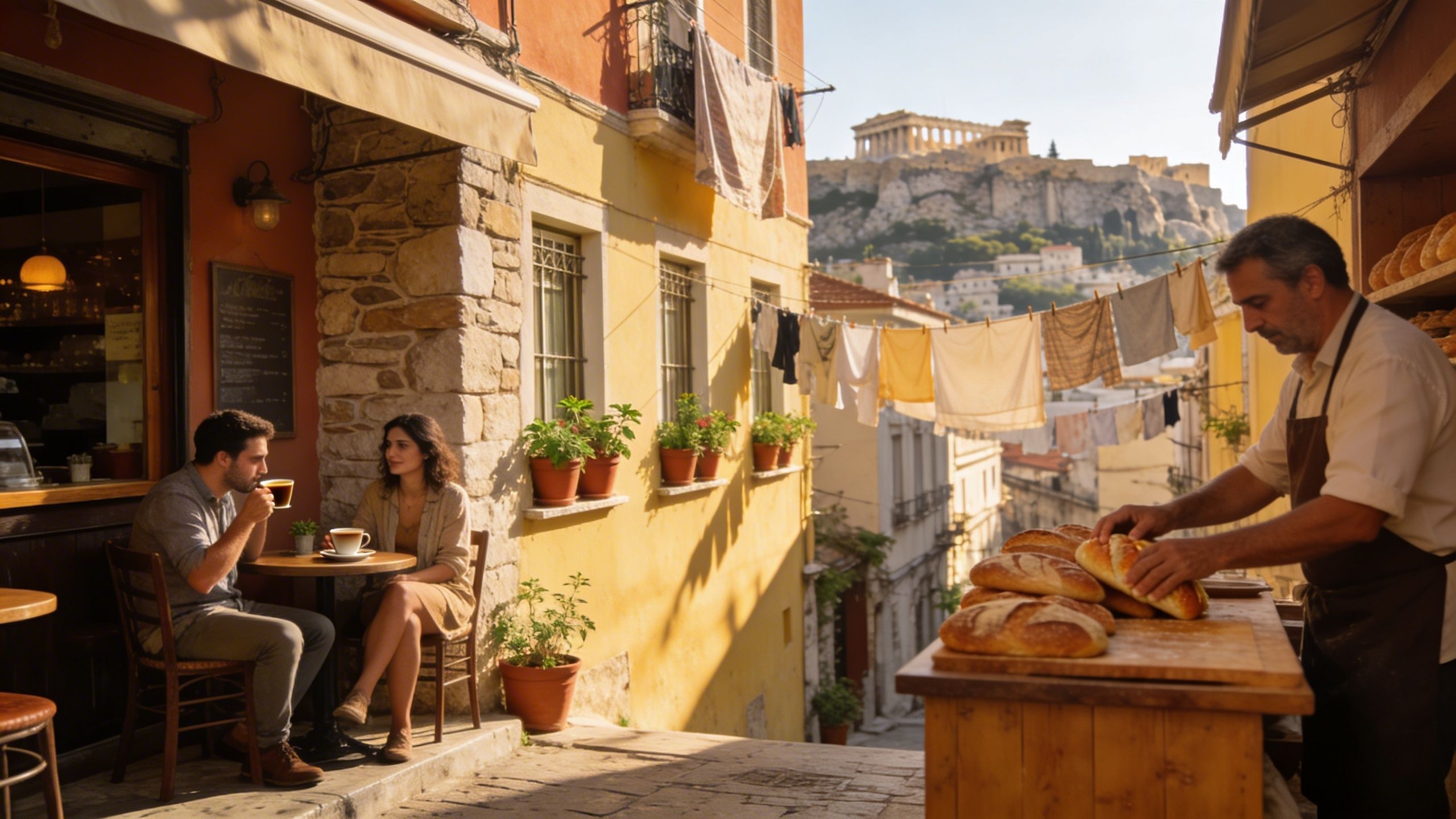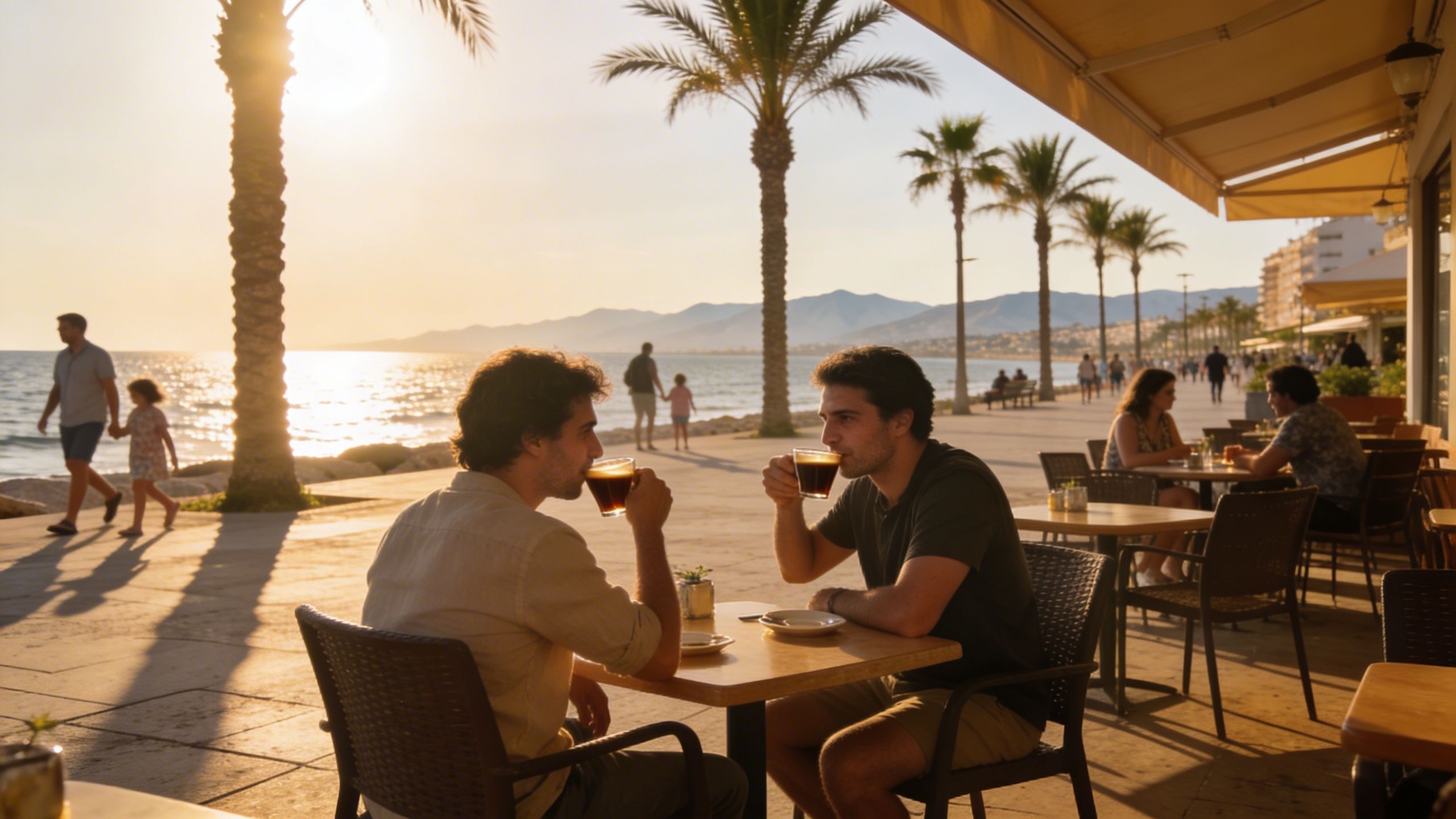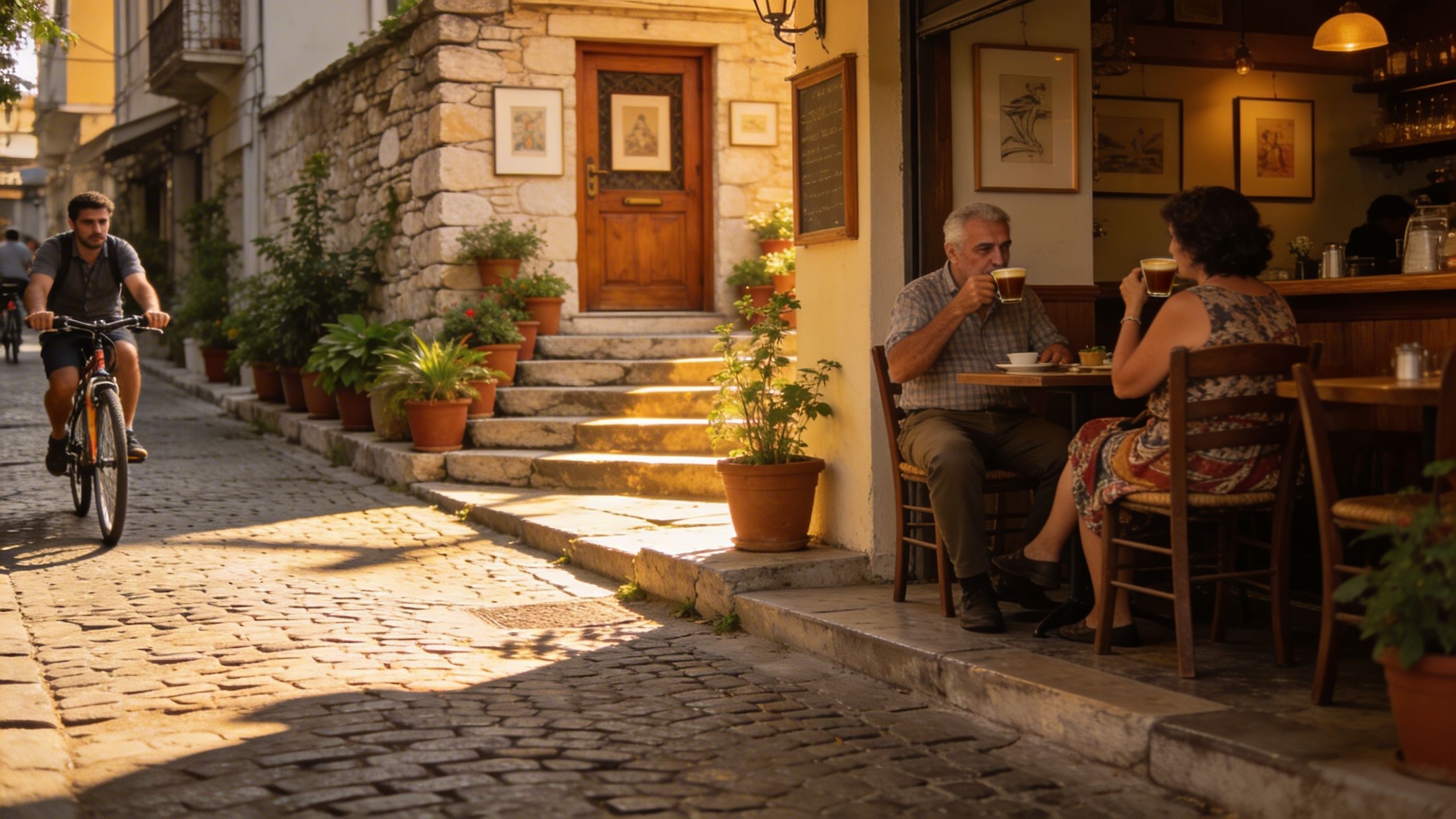Green Finance & Practical Pitfalls for Buyers in Cyprus
Practical, lifestyle‑rich guidance for buying in Cyprus: combine mortgage planning with new renewable grants, spot local value in Paphos and Larnaca, and avoid permit pitfalls.
Imagine morning coffee at a shoreline kafeneio in Paphos, then a late‑afternoon walk under carob trees in the Troodos foothills — Cyprus lives in sun-warmed textures and slow, convivial rhythms. For many international buyers the island is a promise: Mediterranean light, villages where neighbors still chat in the square, and a property market that can buy you both a sea view and a garden big enough for citrus. But the dream — especially a low‑impact, energy‑wise life — needs a companion plan: financing that supports renewable retrofits, clear compliance with local grants and permits, and an agent who understands both taste and regulation.
Living Cyprus: senses, seasons and neighbourhoods
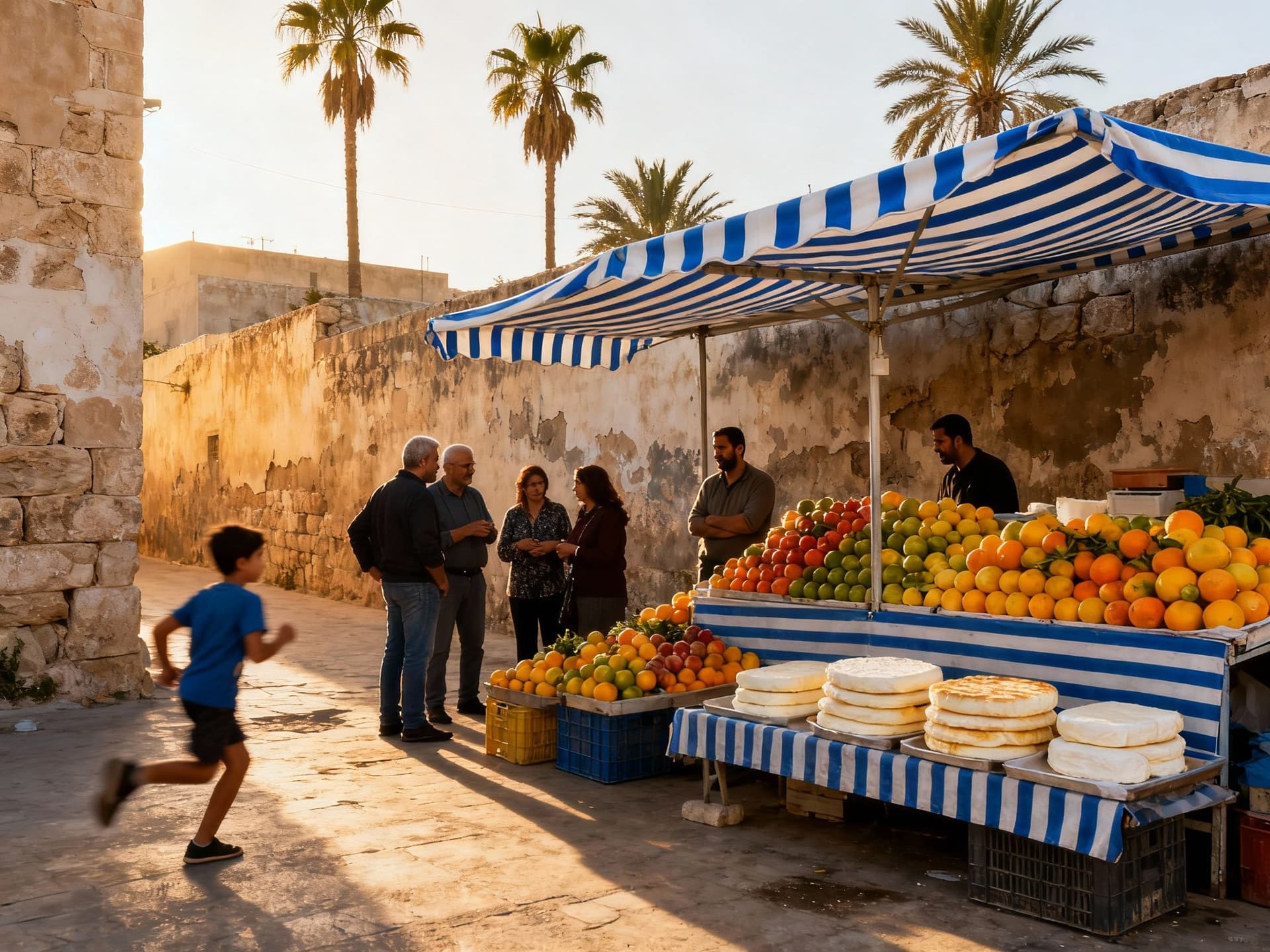
Cyprus is fragrant with orange blossom in spring and salty with sea spray in summer; the island’s rhythms shape what you’ll want from a home. Limassol hums with cafés, modern marinas and evenings on Makarios Avenue; Larnaca’s Finikoudes is all promenades and slow breakfasts; Paphos balances archaeology and surf, where old stone houses sit next to boutique developments. Choose a village house in Omodos and you’ll learn harvest seasons and wine festivals; pick a coastal flat in Ayia Napa and summer life will become a lively cycle of visitors, terraces and late dining.
Spotlight: Paphos’ quieter streets and real value
Walk along Chloraka’s low stone walls and you’ll hear English, Russian and Greek — Paphos has become a contrarian favourite for buyers tired of Limassol’s premium. That’s reflected in recent market moves: districts like Paphos and Famagusta recorded some of the strongest apartment growth, showing how lifestyle appeal can translate to price momentum. For the eco‑conscious buyer, Paphos also offers traditional homes with thick stone walls that lend themselves well to passive cooling and modest retrofit budgets.
Food, markets and weekday rituals
Everyday life in Cyprus is anchored by food — fish grilled by the harbour, halloumi sizzling on a pan, and weekly markets where you’ll buy carob, figs and sun‑ripened tomatoes. In Nicosia’s Ledra and Faneromeni areas, neighbourhood bakeries open early; in Limassol, coral‑coloured tavernas spill onto pedestrian streets at dusk. These patterns matter when you choose a property: proximity to a market or a seaside promenade shapes daily routines, long-term maintenance for garden plots, and the type of heating/cooling systems you’ll need seasonally.
- Lifestyle highlights to scout when house‑hunting
- Morning espresso on Limassol’s Old Port promenade
- Weekday markets in Larnaca (Mackenzie market for fish, Piale Pasha for produce)
- Villages such as Omodos and Lefkara for traditional stone houses and craftspeople
- Hidden bays near Coral Bay for quieter seaside living and nature walks
Making the move: money, green finance and compliance
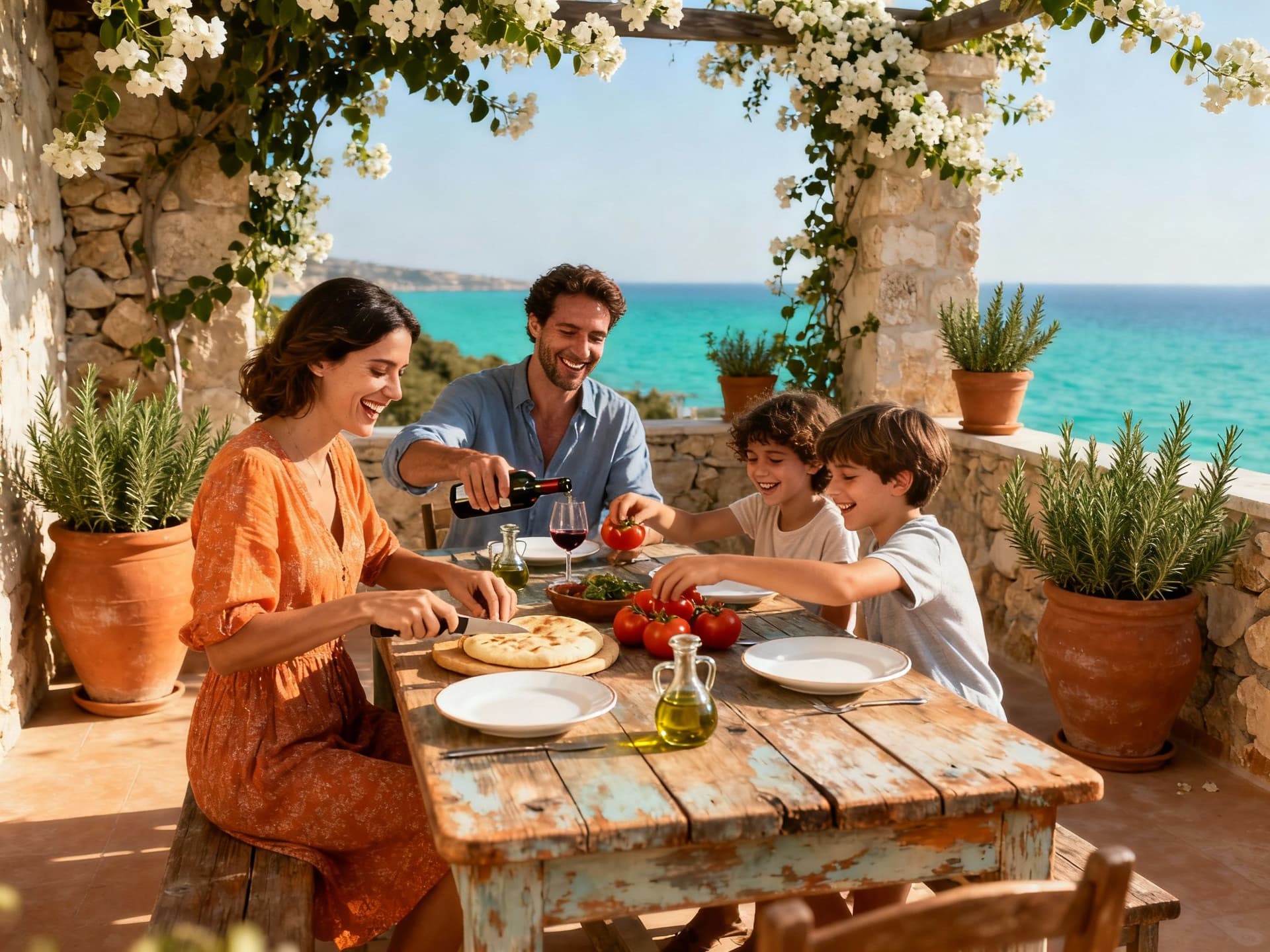
Dreams meet paperwork at the notary. On the one hand, Cyprus continues to see strong transaction values even as house‑price growth has softened in recent quarters — a pattern documented by the Central Bank of Cyprus and market reports. On the other, national grant schemes and incentives now make retrofit and rooftop PV installations genuinely affordable for new homeowners. For international buyers this dual reality means two practical priorities: secure financing early, and factor in grant eligibility and permit timelines before you sign.
Property types and how they affect financing
Apartments typically need different lending ratios and insurance than village stone houses; new builds may carry developer warranties but higher VAT exposure. If you plan an energy upgrade — panels, batteries or insulation — lenders often treat that as improving the collateral, which can help loan terms. Also check whether a property’s building permits pre‑date grant program cut‑offs: many PV grants restrict eligibility to properties with permits filed before certain dates or require proof of primary residence.
Work with a mortgage broker or bank that knows Cyprus’ green incentives. The government’s RES & Energy Conservation Fund and related calls (Category A1–A3) offer subsidies and repayable arrangements for rooftop PV and insulation; these schemes can meaningfully reduce monthly running costs and sometimes offer bi‑monthly repayment plans via your electricity bill. Confirm exact amounts and deadlines with your advisor — grants are competitive and occasionally limited by application caps.
- Steps to combine mortgage and green incentives
- Arrange a pre‑approval that lists intended retrofit work so lenders can include projected savings in affordability calculations.
- Check grant eligibility (permit dates, primary residence rules) and reserve application slots before construction begins.
- Negotiate a purchase contract that allows for conditional release of funds for verified green upgrades.
- Ask your notary or lawyer to confirm land‑use restrictions, especially in protected or mountainous zones where additional approvals apply.
Insider knowledge: expat realities and surprising pitfalls
A candid note: Cyprus’ past citizenship‑by‑investment schemes cast a long shadow on how international buyers are perceived. The program’s end reshaped expectations and tightened due diligence for larger transactions, which benefits honest buyers but means more paperwork and background checks for higher‑value deals. Expect agents and banks to ask for clearer source‑of‑funds documentation than you may have experienced elsewhere.
Cultural cues that change the deal
Cypriots value face‑to‑face relationships: a baker, a local councillor, your notary — these connections matter when a permit gets delayed or a neighbour objects. That communal pace is a strength for lifestyle buyers but means timelines can stretch if you expect strictly linear bureaucracy. Bring patience, build rapport with the local agent and include realistic contingency time in your moving plan.
What expats wish they’d known: grant calls reopen often and with changed terms. In 2024–25 the government scaled residential PV subsidies and repayment schemes that can be attached to electricity bills — these small policy shifts are exactly the sort of thing your local advisor should monitor. If your agent can’t explain current grant categories A1–A3 and the application deadlines, find one who can.
- Red flags and practical checks before signing
- No clear title or missing building permits
- Seller resists allowing insulation/solar inspections
- Agent unfamiliar with RES grant categories or local electricity‑bill repayment mechanisms
Cyprus can be both kinder to your lifestyle and kinder to the planet — but only if money and policy are married early in the buying process. Use local grants to reduce operating costs, insist on mortgage offers that consider energy savings, and pick an agent who knows both neighbourhood cafés and permit letters. Recent Central Bank data shows price rises cooling in 2024 even as transaction value remained high, which means now is a prudent moment to look with curiosity and negotiate with care.
Next practical steps: get a Cyprus mortgage pre‑approval, ask your advisor to map potential grant eligibility for the properties you like, and request a timeline from the notary that includes permit checks and utility registration. Then visit the neighbourhood at the hour you’d live there — morning market, siesta quiet, or evening promenade — and let lifestyle guide the numbers.
British expat who traded Manchester for Mallorca in 2017. Specializes in guiding UK buyers to luxury Spanish estates with clear navigation of visas and tax.
